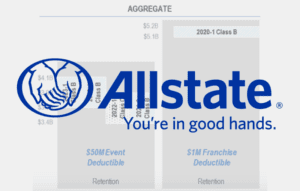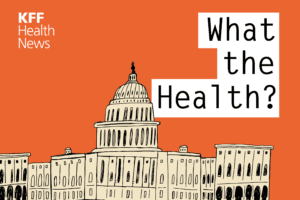What does term life insurance mean?
What does term life insurance mean?
A term life insurance policy is the simplest, purest form of life insurance: You pay a premium for a period of time – typically between 10 and 30 years – and if you die during that time a cash benefit is paid to your family (or anyone else you name as your beneficiary).
What is the difference between whole life and term life insurance?
Term life insurance provides coverage for a set period of time, typically between 10 and 30 years, and is a simple and affordable option for many families. Whole life insurance lasts your entire lifetime and also comes with a cash value component that grows over time.
What happens at the end of term life insurance?
Generally, when term life insurance expires, the policy simply expires, and no action needs to be taken by the policyholder. A notice is sent by the insurance carrier that the policy is no longer in effect, the policyholder stops paying the premiums, and there is no longer any potential death benefit. Nov 8, 2021
What is the benefit of a term life insurance policy?
Term life insurance offers a death benefit, which is intended to help your beneficiaries replace your income if you pass away. For example, the money can be used to help pay for things like a mortgage, education costs or everyday expenses, such as groceries.
What happens after 10 year term life insurance?
A 10 year term life insurance policy has a level (unchanging) premium and a specific death benefit. As long as premiums are paid, your coverage will remain in tact. This helps to ensure your beneficiaries are protected if you pass away. Once you reach the end of the policy term, the policy ends.
Can you cash out term life insurance?
Term life insurance does not offer a cash-value benefit. It is possible to use strategies like withdrawals or pay premiums to utilize your cash. Beneficiaries of these policies only receive the death benefits, not the cash-value accumulations.
Whats better term or whole life?
Term life coverage is often the most affordable life insurance because it’s temporary and has no cash value. Whole life insurance premiums are much higher because the coverage lasts your lifetime, and the policy grows cash value. Oct 6, 2021
What are the three main types of life insurance?
There are three main types of permanent life insurance: whole, universal, and variable.
What happens to life insurance when mortgage is paid off?
Your life cover will provide a pay-out if the policyholder passes away before they pay off their mortgage. It’s usually set up so that the lump sum payout decreases over time in line with the remaining mortgage cost. Nov 14, 2019
At what age should you stop term life insurance?
You may no longer need life insurance once you’ve hit your 60s or 70s. If you’re living on a fixed income, cutting the expense could give your budget some breathing room. Make sure to discuss your needs with an insurance agent or a financial advisor before making any major moves.
Do you get money back if you outlive term life insurance?
If you outlive your policy’s term, you get your premium payments back. The returned money isn’t taxed since it’s not income, but simply a return of the payments you made. Dec 22, 2021
Do you need life insurance after age 65?
In many cases (although not all) you won’t need to keep term life insurance in retirement. This insurance is temporary and will expire at some point. But if you have a permanent life insurance policy, it can continue to provide you with important benefits through your retirement. Jul 23, 2021
Is accidental death covered in term insurance?
Yes, accidents are covered in a term insurance policy. A typical term insurance policy will pay the sum assured, irrespective of the cause of death, whether it is health-related or due to an accident. Jun 11, 2021
What are 3 benefits of term insurance?
Term insurance plans offer financial security for the entire family in case of the unfortunate death of the policyholder. Also, you can get optional coverage for critical illnesses or accidental death. You are covered for a long duration, while the premiums are affordable.
How do I file a complaint with the Florida insurance commissioner?
Consumer Helpline Contact Information Statewide Toll-Free: 1-877-MY-FL-CFO (1-877-693-5236) Out of State Callers: (850) 413-3089. TDD Line: 1-800-640-0886. Email Address: Consumer.Services@myfloridacfo.com.




